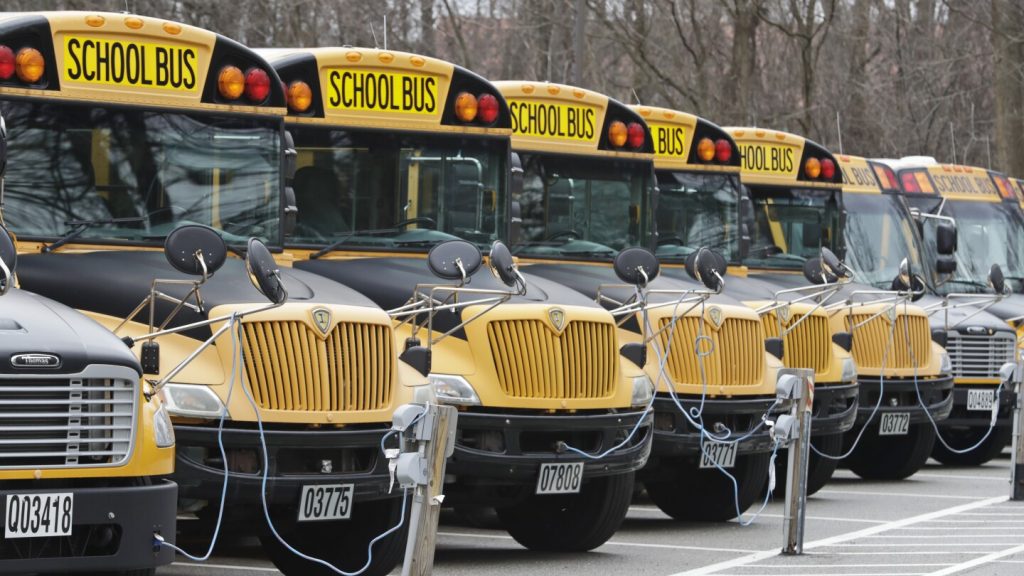A recent poll conducted by AAPI Data and The Associated Press-NORC Center for Public Affairs Research reveals that a majority of Asian Americans, Native Hawaiians, and Pacific Islanders support teaching about issues related to race in U.S. schools. Specifically, 71% of AAPI adults favor teaching about the history of slavery, racism, and segregation in K-12 public schools. Additionally, the same share expressed support for teaching about the history of Asian American and Pacific Islander communities in the United States, with about half supporting education on issues related to sex and sexuality. While AAPI Democrats are more supportive of these topics being taught in classrooms than AAPI Republicans, only 17% of AAPI adults believe that school boards should have the authority to limit what subjects students and teachers can discuss.
Efforts to politicize education through cultural issues such as race and gender have not gained strong traction within Asian American communities, according to Karthick Ramakrishnan, a public policy professor at the University of California, Riverside, and founder of AAPI Data. Despite the prevalence of these topics in the news and policy discussions, AAPI parents are less concerned with the culture wars than other demographic groups. The results of the poll suggest that conservative efforts to restrict teaching about race and gender in classrooms have not resonated with AAPI parents, who prioritize a traditional focus on core subjects like reading, writing, and arithmetic.
The poll also highlighted that many AAPI adults do not actively engage with their local school boards, with only 39% following news about school boards and even fewer attending meetings or communicating with board members. This lack of engagement may be attributed to the high proportion of immigrants within the Asian American community, many of whom did not grow up in the U.S. political system where local control over schools is prevalent. Additionally, mainstream institutions may not effectively reach out to AAPI parents, leading to lower rates of participation in educational policy discussions and decisions.
Despite challenges in engagement with local school boards, some AAPI parents, like Varisa Patraporn, a Thai American mother in California, are actively involved in local elections and advocacy for more diverse and inclusive school curriculums. Patraporn, who supplements her children’s education to provide a wider range of perspectives on race and other topics, emphasizes the importance of parental influence on the curriculum. According to the poll, about two-thirds of AAPI adults view the schools their children attend as crucial to their success in adulthood, indicating a strong interest in educational policy and outcomes within the community.
Overall, the polling data suggests an opportunity to engage AAPI communities more deeply with local educational institutions and policies. With a majority of AAPI adults valuing education as a pathway to success and expressing concern about the quality of K-12 education, there is a potential to increase participation and influence in shaping educational policies. By addressing barriers to engagement, such as lack of outreach and understanding of the political system, there is potential for increased collaboration between AAPI parents, educators, and policymakers to create more inclusive and comprehensive curriculums that reflect diverse perspectives and experiences.
The poll was conducted among 1,068 U.S. adults who are Asian American, Native Hawaiian, and Pacific Islanders from April 8-17, 2024. The sample was drawn from NORC’s Amplify AAPI Panel and offers insights into the perspectives and engagement levels of AAPI communities regarding education and local school boards. As Asian Americans continue to be a fast-growing demographic in the U.S., understanding their views on education and opportunities for increased engagement can lead to more effective and inclusive educational policies and practices.


